Building an Economy with Purpose: The Transformative Potential of Baby Bonds
NonProfit Quarterly
DECEMBER 4, 2024
Image credit: Curated Lifestyle on Unsplash This article introduces a three-part series— Building Wealth for the Next Generation: The Promise of Baby Bonds —a co-production of NPQ and the Institute on Race, Power and Political Economy at The New School for Social Research in New York City. This series will explore that central question.


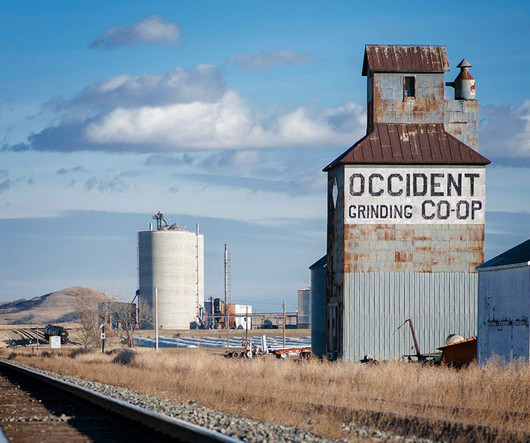




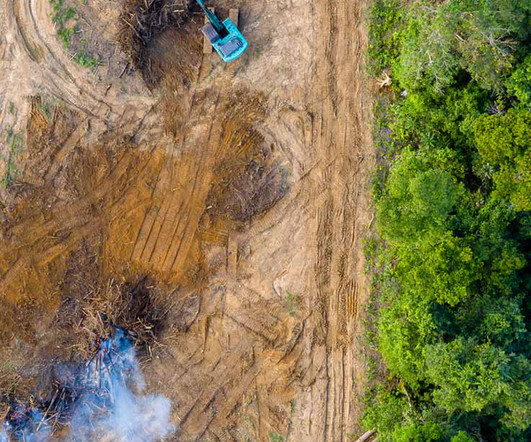
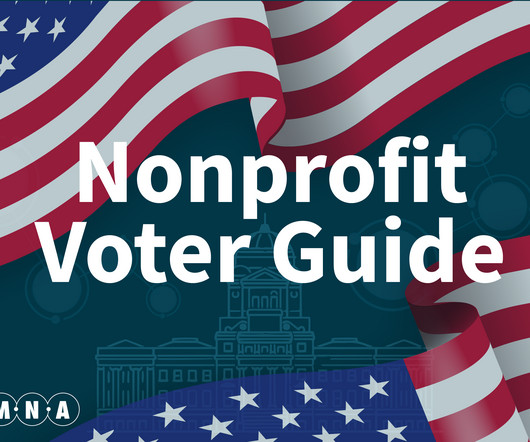
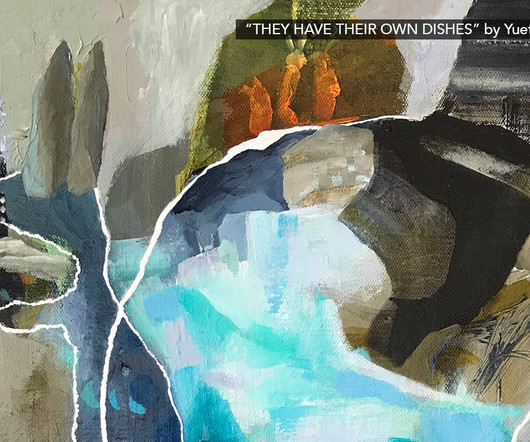
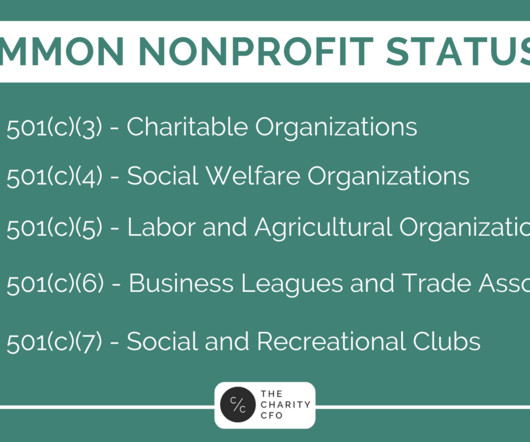
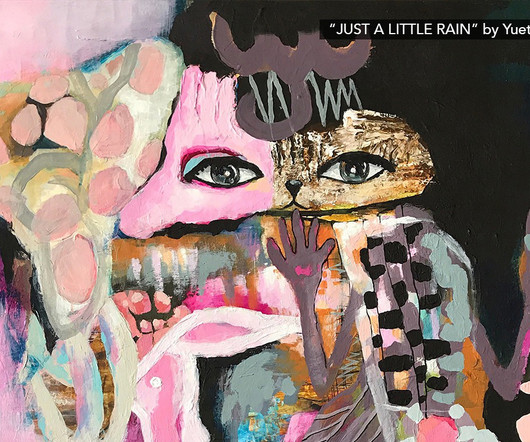










Let's personalize your content